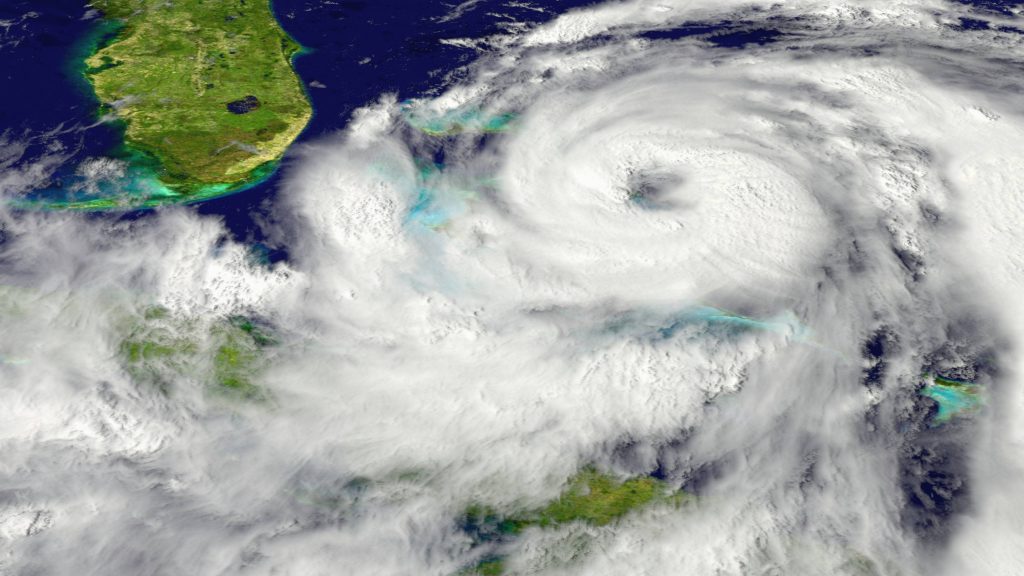
Though the skies may be blue and beautiful, it's never too early to begin preparing for the Atlantic hurricane season, which runs from June 1 to Nov. 30 and includes the Gulf of Mexico and the Carribean Sea.
While most preparations typically center on having an adequate supply of nonperishable food and water, batteries and flashlights, Mayo Clinic experts suggest that you also take stock of your health and wellness supplies.
"It is important to take precautions and prepare before a storm. But many people get caught up in making sure they have enough food and water, and neglect personal health care items, which are a valuable part of any emergency kit," says Dr. Michael Boniface, a Mayo Clinic Emergency Medicine physician.
"Addressing health and safety in advance will help keep you and your family safe during and after severe weather," adds Dr. Boniface.
Watch: Dr. Boniface discusses safety before the storm.
Journalists: Broadcast-quality sound bites with Dr. Boniface are in the downloads at the end of this post. Please "Courtesy: Mayo Clinic News Network."
First-aid kit
At a minimum, Dr. Boniface recommends organizing a first-aid kit that includes items such as bandages, gauze, antibiotic ointment, handkerchiefs for wrapping a larger injury and over-the-counter pain medication.
Medication management and safety
For people who routinely take prescriptions, Dr. Boniface advises that they check their inventory before a storm. "Depending upon your situation and the weather forecast, we recommend having at least an extra week’s supply," he says.
Patients with special needs or people with medical concerns, such as diabetes, may need to consider additional preparations before severe weather.
"If you have medication that requires refrigeration, for instance, consider your plan to keep medications cold and safe. Make sure you have proper storage and enough ice. As well, it is important to find out how the long medication can last at room temperature," says Dr. Boniface.
Durable equipment and documentation
People who use medical equipment such as insulin pumps, sleep apnea machines or oxygen tanks should review the needs of their devices and plan to have enough supplies on hand, including extra batteries or a backup power supply that can last for several days.
Dr. Boniface also advises having multiple copies of important medical documents in your emergency kit, including:
- Health care directives and living wills
- Medications, including brand names, doses, how often medication is taken – and what condition it's prescribed for
- The names and addresses of a preferred pharmacy and hospital, plus a list of addresses and phone numbers for health care providers
Additional hurricane preparation lists and other tips are available online:
- Centers for Disease Control and Prevention
- Federal Emergency Management Association
- Department of Homeland Security
For more guidance, check your city and state government offices and their websites, as well as local news stations.







